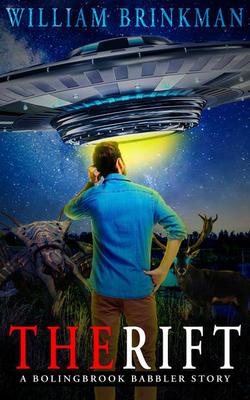Since getting into the habit of writing a bit about each of the games I play, I find myself using a catch phrase: It should’ve been a walking sim. It’s a way of praising the narrative and world design of a game, while playfully disparaging all the gamey obstacles they throw in your way. After all, these are human creations, the obstacles didn’t need to be there. We could have just been enjoying the in-game rewards without having to work for them, only having to walk for them.
It’s also a slightly subversive thought experiment. What if we removed all the combat, the platforming, skill-based anything? What if we only had press w to move forward, mouse to look around, dialogue, environmental storytelling, audio logs, item descriptions, cinematics, choices that matter, and a dash of light puzzling to taste? Walking sims are so simple, surely it should be easy, right? We shall see.
Some of these hypothetical games may sound horrible. That’s okay, just remember: they don’t really exist and can’t hurt you.


